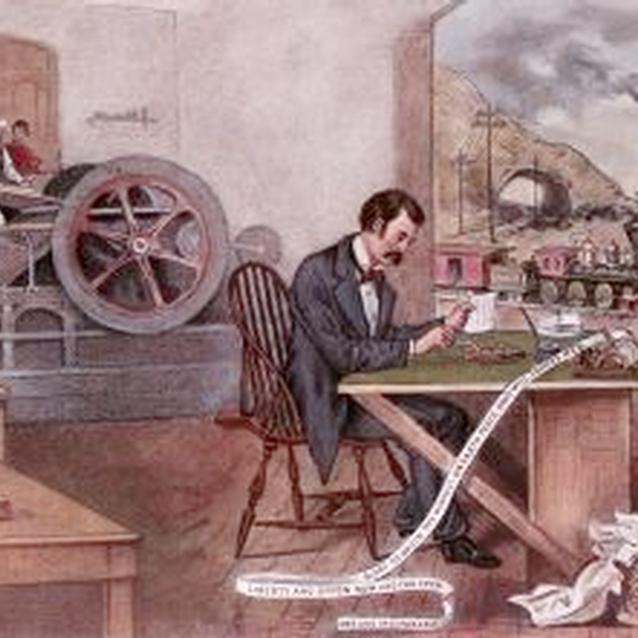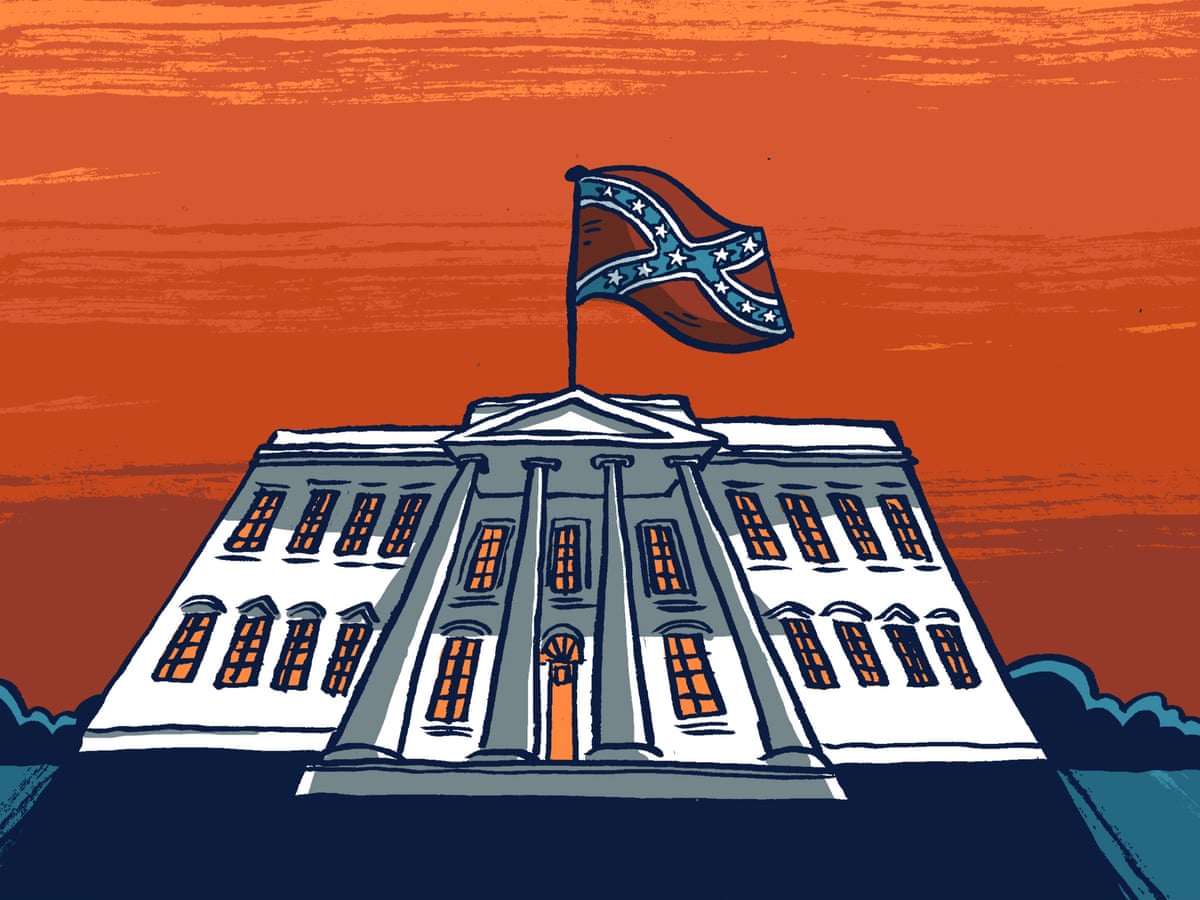North Destroying The Souths Food Civil War
From the outbreak of the Civil War Lincolns strategy was to defeat the Confederacy by targeting Southern civilians. Sherman destroyed cities because 1 he deemed it important as part of his military strategy and 2 as retaliation to subversive acts by the citizens.

American Civil War The Southern Home Front Britannica
As the war went on and the men were away for longer periods there was less to send.

North destroying the souths food civil war. However the Confederacy died a slow death by geographic partitioning. Like a massive earthquake the Civil War and the destruction of slavery permanently altered the landscape of Southern life exposing and widening fault lines that had lain barely visible just beneath the surface. First most mid-19th-century cities had factories foundries and warehouses within their borders churning out and storing war materiel.
The Civil War strategy that involved attacks on both civilian and military targets was called. Well in the North you had farms in New England often producing apples and other fruits farms in Pennsylvania producing wheat and fruit and hogs chickens and other animal. One of his first acts was to order a blockade of Southern ports on April 19 1861 to deny food and medicine among other items to civilians.
Answer 1 of 66. The cookbooks excerpted here teem with the kinds of recipes we expect to find when we go looking for Southern food. The choice made by Generals Grant and Sherman to take the war to the Souths civilian population and destroy as much as possible is known as total war The _____________ were northerners who supported the South during the Civil War.
Lack of manpower shortages of supplies and inferior leadership and government were the three main reasons on why the South was defeated in the Civil War. Answer 1 of 7. In the early days of the Civil War people sent food and clothing to their family members in the army.
The food shortages resulted in general unrest and contributed to surrender. They did so for two reasons. He knew he could not change their minds but by destroying the Souths ability to conduct war and making them so sick of war he thought it would keep them from going to war again in the near future.
The Civil War was very destructive. Agents from the Confederate government requisitioned food and livestock taking them for the army to use. Remember that at beginning of civil war in the north was very unpopular war.
TIL that during Civil War the North blockaded salt imports and destroyed salt mines in the South to sabotage food preservation. In his Special Field Orders No. The Union navy blockaded Southern ports to stop ships from bringing in supplies.
Why north won and why south lost have intrigued historians to pinpoint on the exact reason for south losing the civil war. The south was fighting for survival while north had not the desire for a prolonged war especially while losing battles and sustaining large casualties. During the American Civil War Union and Confederate commanders made the capture and destruction of enemy cities a central feature of their military campaigns.
Starving the South by food historian Smith author of The Oxford Companion to American Food and Drink and many other books about food is not a cheery work for it portrays the hard choices people South and North had to make. This fascinating book presents a variety of Civil War-era recipes from the South accompanied by eye-opening essays describing this tumultuous period in the way people lived and ate. Grits and gumbo succotash and Hopping John catfish coleslaw watermelon pickles and sweet.
While there was some destruction in the North it was far greater in the South. 120 during the March to the Sea he wrote that In districts and neighborhoods where the army is. Moderates said this easily could be accomplished as soon as Confederate armies surrendered and the Southern states repealed secession and accepted the Thirteenth Amendment most of which happened by December 1865.
The Souths inner civil war reflected how wartime events and Confederate policies eventually reacted upon the regions distinctive social and political structure. Since most of the fighting occurred in the Confederacy the South was hit very hard. They had draft riots much like vietnam war.
With a shortage of supplies due to lack of industrial bases the South suffered greatly in the Civil War ultimately causing their loss. The salt manufacturing areas around Kanawha Valley in Virginia and Goose Creek in Kentucky were taken or destroyed by the North early in the war. All along his march Sherman and his men devastated the countryside.
What was the souths reason for fighting the civil war - excellent message There was initially little tension among Sri Lankas two largest ethnic groups the Sinhalese and the Tamils when Ponnambalam Arunachalam a Tamil was appointed representative of the Sinhalese as well as the Tamils in the national legislative council. You had the midwestern states like Illinois Ohio Iowa Nebraska Kansas and Wisconsin producing corn whe. The food shortages resulted in general unrest and contributed to surrender.
Posted by 8 hours ago TIL that during Civil War the North blockaded salt imports and destroyed salt mines in the South to sabotage food preservation. Military officials believed that if they interrupted or incapacitated. During the Civil War southern farms and plantations were negatively impacted.
In the South a smaller industrial base fewer rail lines and an agricultural economy based upon slave labor made mobilization of resources more difficult. I blame Jefferson Davis head of the confederacy poor leadership and lack of getting along with his generals the states rights prevented unification of the south the souths failure of recognition by England and France. As the war dragged on the Unions.
During the Civil War the Radical Republican leaders argued that slavery had to be permanently destroyed and that all forms of Confederate nationalism had to be suppressed. The Unions industrial and economic capacity soared during the war as the North continued its rapid industrialization to suppress the rebellion. At the beginning of the Civil War most thought hostilities would end in about six weeks.
Since most of the fighting was done in the South southern farms and plantations took the brunt of the war.

Civil War Study Guide Study Guide Civil War Civil War Unit

The American Civil War Didn T End And Trump Is A Confederate President Rebecca Solnit The Guardian
Economic Development During The Civil War And Reconstruction Us History I Ay Collection

American Civil War The Southern Home Front Britannica

Komentar
Posting Komentar